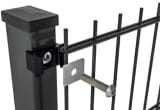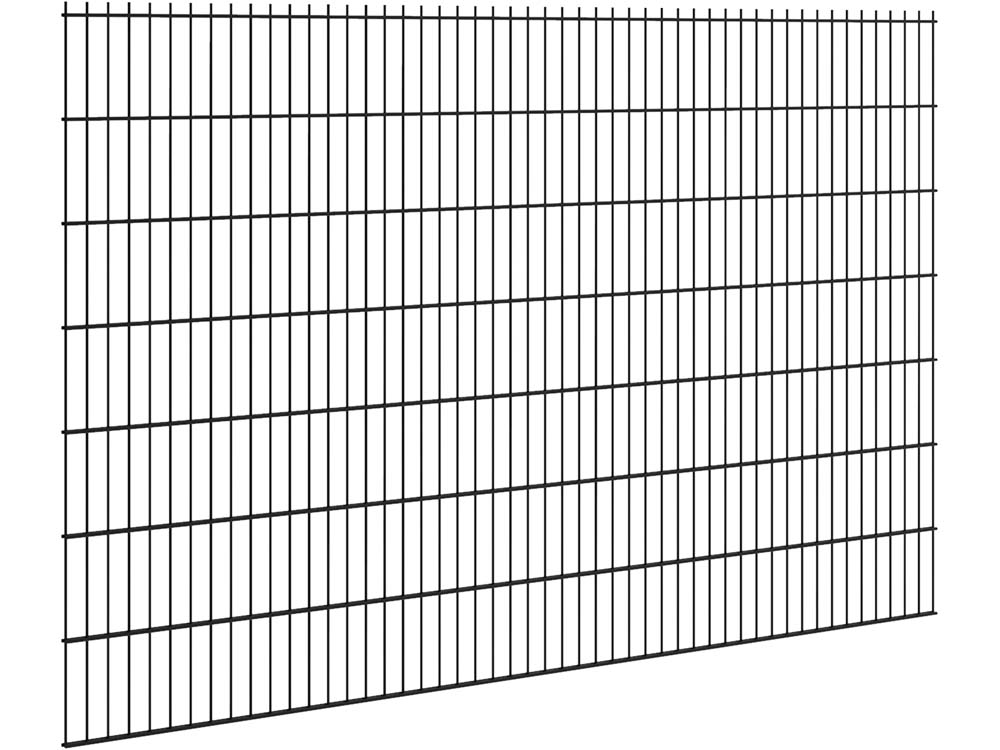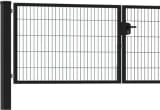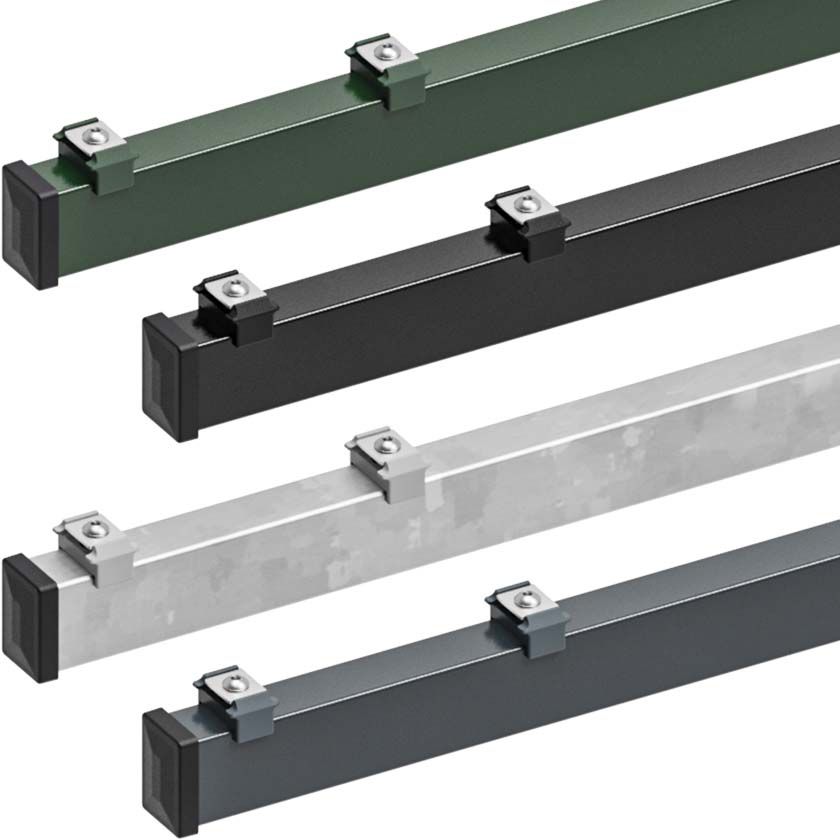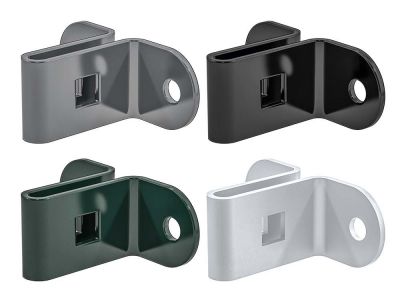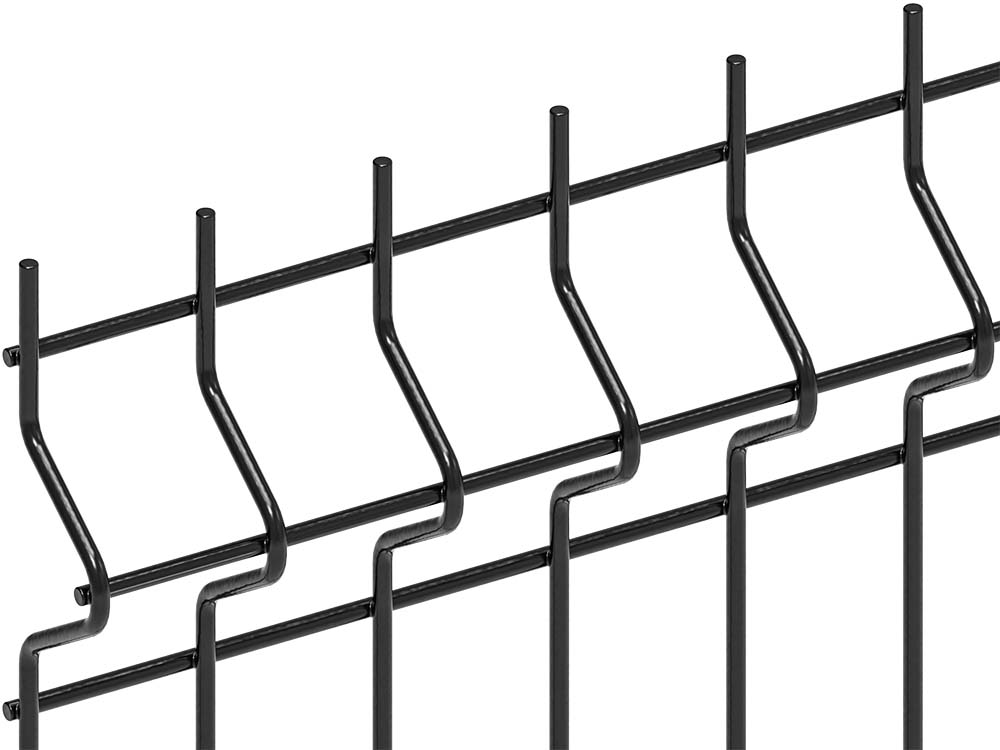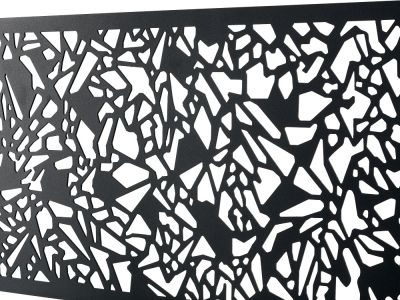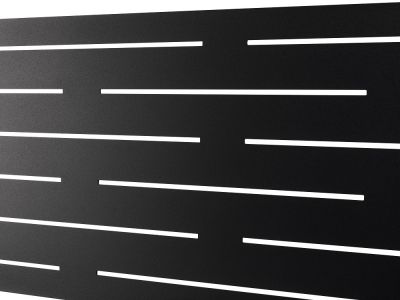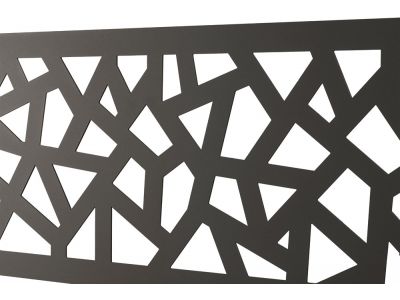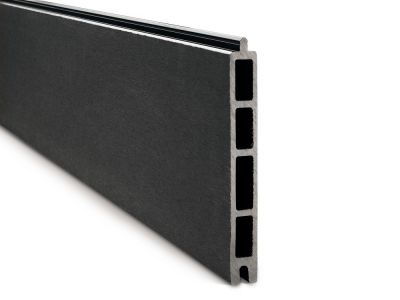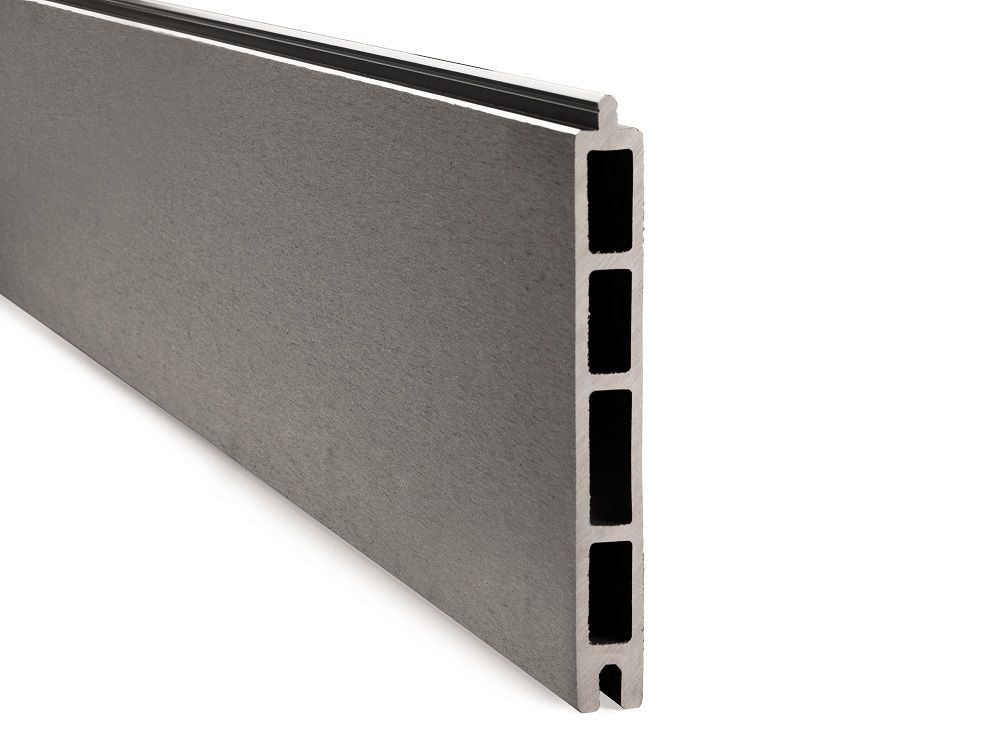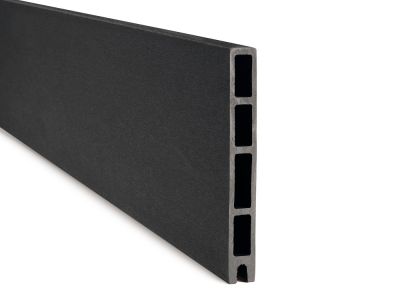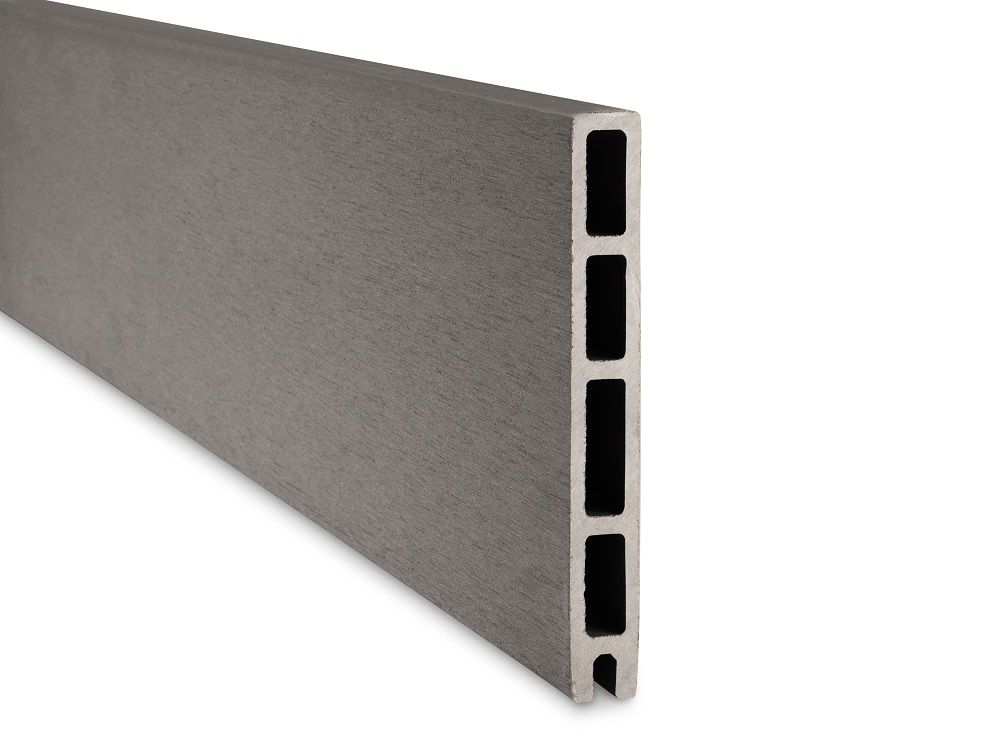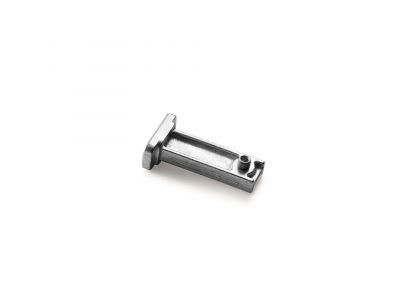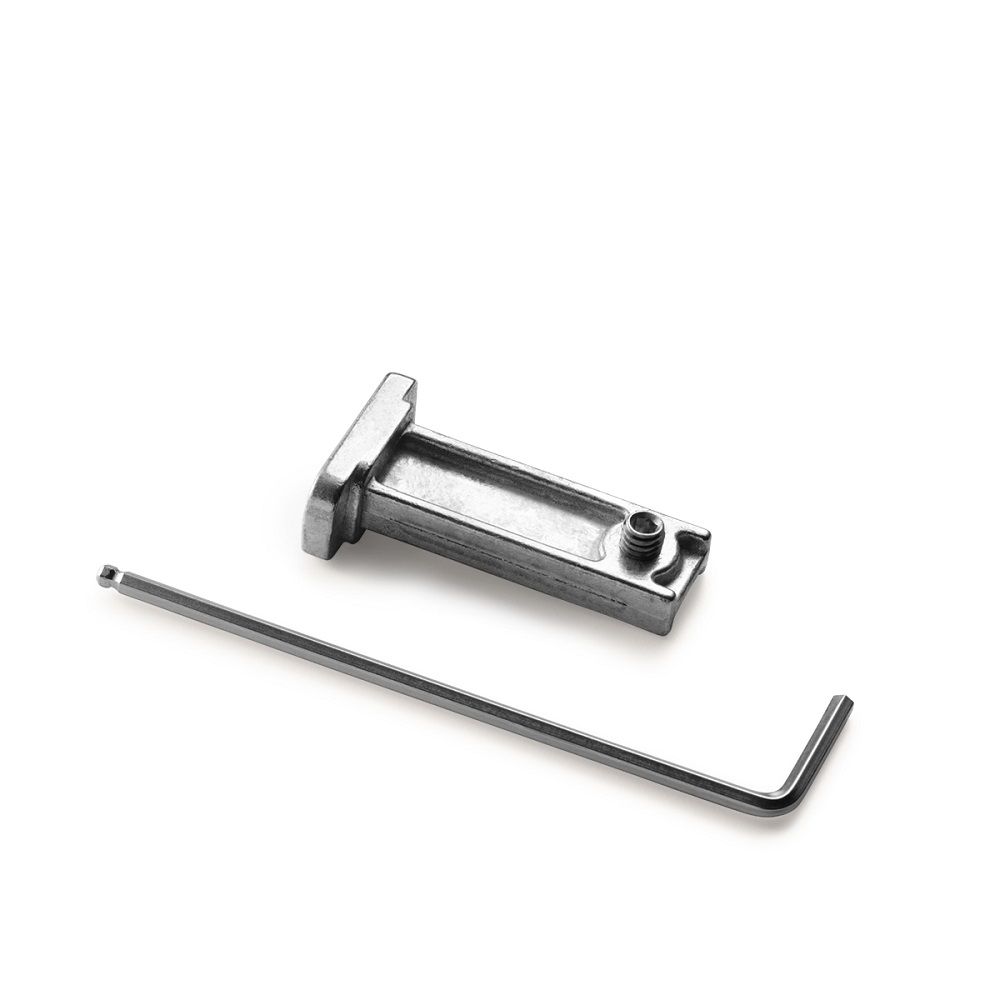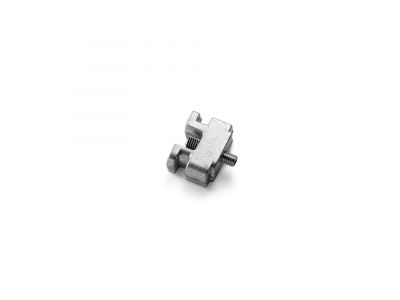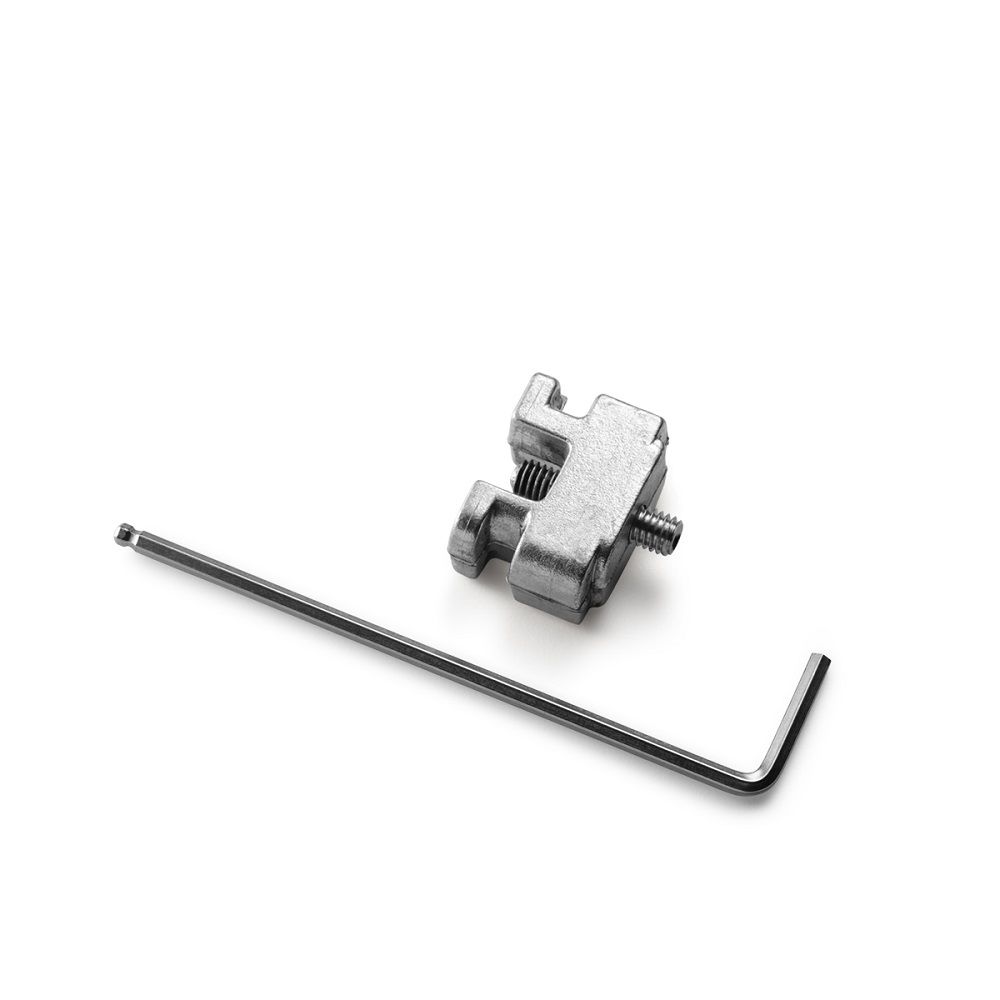Composite Fencing
Composite fencing is a type of fencing material that is made from a combination of wood fibers, recycled plastics, and sometimes other materials. It is designed to offer the appearance of wood while providing the benefits of low maintenance and increased durability. Composite fencing has gained popularity as an alternative to traditional wood, and it offers several benefits:
- Low Maintenance: Composite fencing requires minimal maintenance compared to traditional wood fences. It doesn't need staining, painting, or sealing to maintain its appearance and structural integrity.
- Durability: Composite fencing is highly resistant to rot, decay, insects, and weathering. It won't warp, crack, or splinter over time, making it a long-lasting option.
- Consistent Appearance: Composite fencing retains a consistent appearance over its lifespan. It doesn't experience the same colour fading and wear that natural wood can undergo.
- Variety of Styles: Composite fencing comes in various styles and colours, allowing you to choose a design that complements your outdoor space and meets your aesthetic preferences.
- Eco-Friendly: Many composite fencing materials incorporate recycled plastics and wood fibers, reducing the demand for new raw materials. This makes it an environmentally conscious choice.
- No Need for Chemical Treatments: Unlike traditional wood that might require chemical treatments to enhance durability, composite fencing is manufactured to be resistant to pests, rot, and decay without the need for chemical additives.
- UV Resistance: Composite fencing is designed to resist fading and damage from ultraviolet (UV) radiation, ensuring its colour remains vibrant over time.
- Stability: Composite fencing is less susceptible to changes in humidity and temperature, which can cause natural wood to expand, contract, or warp.
- Customisation: Composite fencing can be customised to fit various designs, heights, and styles. It can also be combined with other materials for unique visual effects.
- Ease of Installation: Many composite fencing systems are designed for easy installation, often using interlocking panels or rails that slot together.
- Long Lifespan: Due to its durability and resistance to environmental factors, composite fencing can have a longer lifespan compared to some traditional wood fences.
- Value Over Time: While the upfront cost of composite fencing may be higher than that of traditional wood, the long-term savings from reduced maintenance and replacement costs can make it a cost-effective choice.
- Safety: Composite fencing doesn't have the same splintering or sharp edges that natural wood can develop, enhancing safety for pets and children.
It's important to note that the specific benefits of composite fencing can vary depending on the brand, quality, and type of composite material used. Before choosing composite fencing, consider factors such as your budget, the aesthetic you're aiming for, and any local regulations that might affect your choice of fencing material.
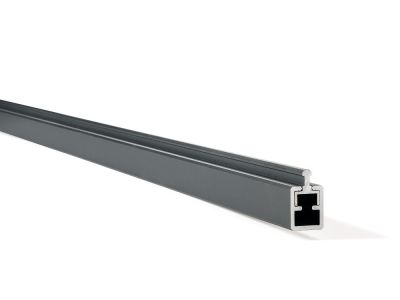
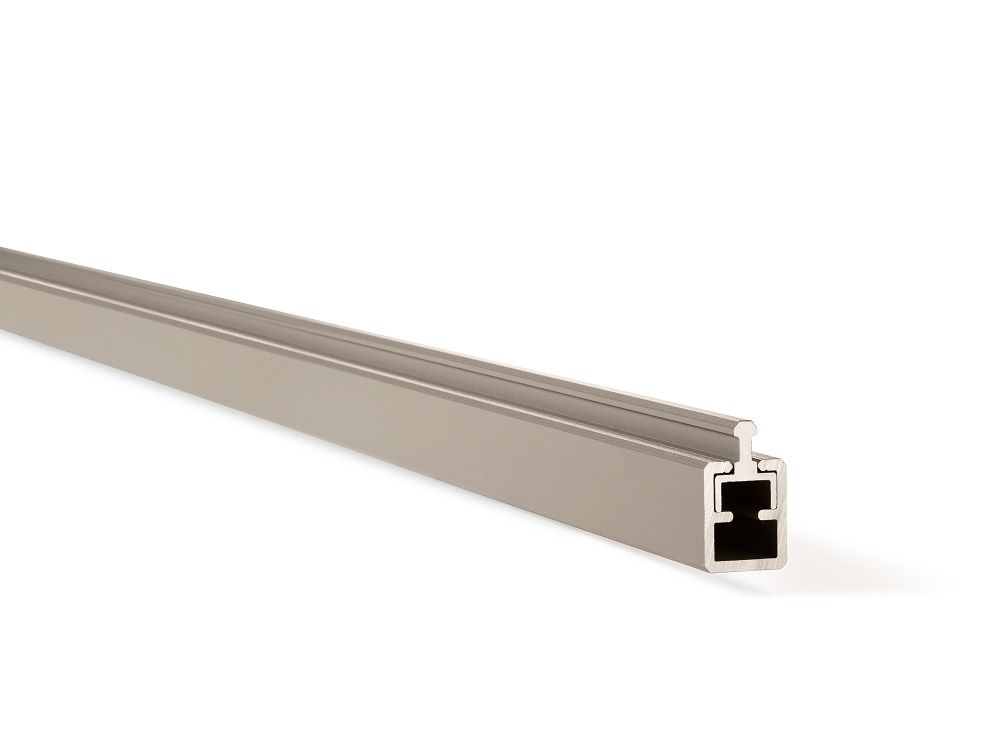 Bottom aluminium finish profile 180 x 2.1 x 3.3 cm
Bottom aluminium finish profile 180 x 2.1 x 3.3 cm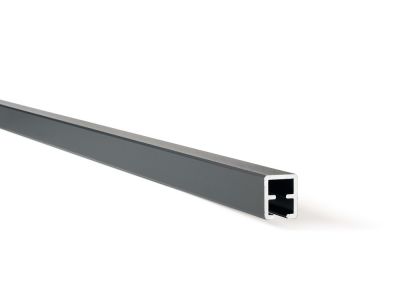
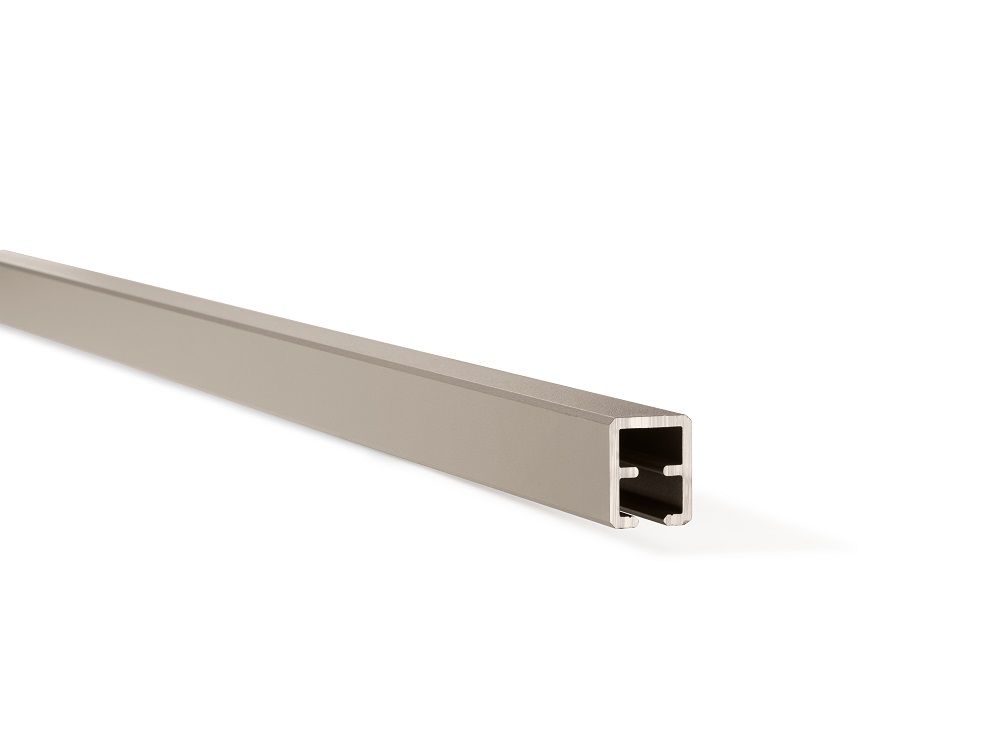 Finishing profile aluminium top 180 x 2.1 x 2.4 cm
Finishing profile aluminium top 180 x 2.1 x 2.4 cm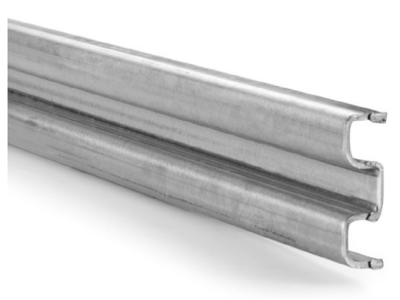

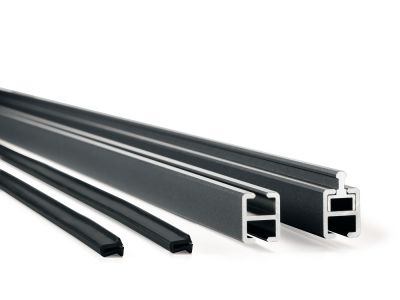
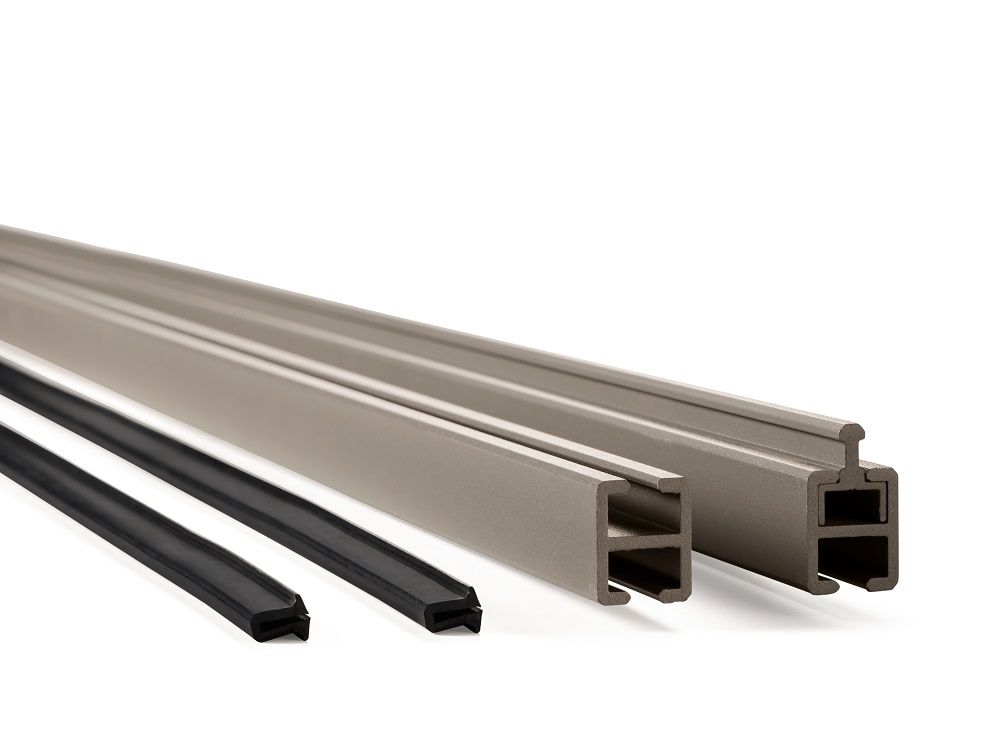 Ink frame set with seals
Ink frame set with seals




